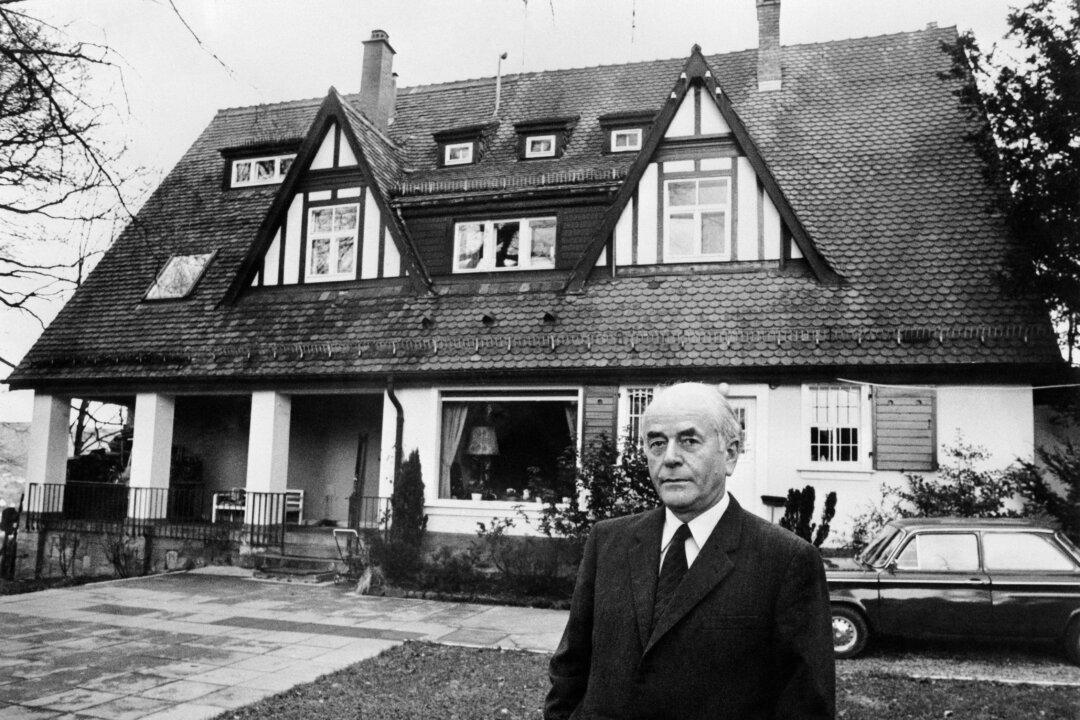Commentary
“Inside the Third Reich,” the lengthy 1969 memoirs of Hitler’s cabinet minister Albert Speer (1905–1981), makes for very interesting reading.

“Inside the Third Reich,” the lengthy 1969 memoirs of Hitler’s cabinet minister Albert Speer (1905–1981), makes for very interesting reading.